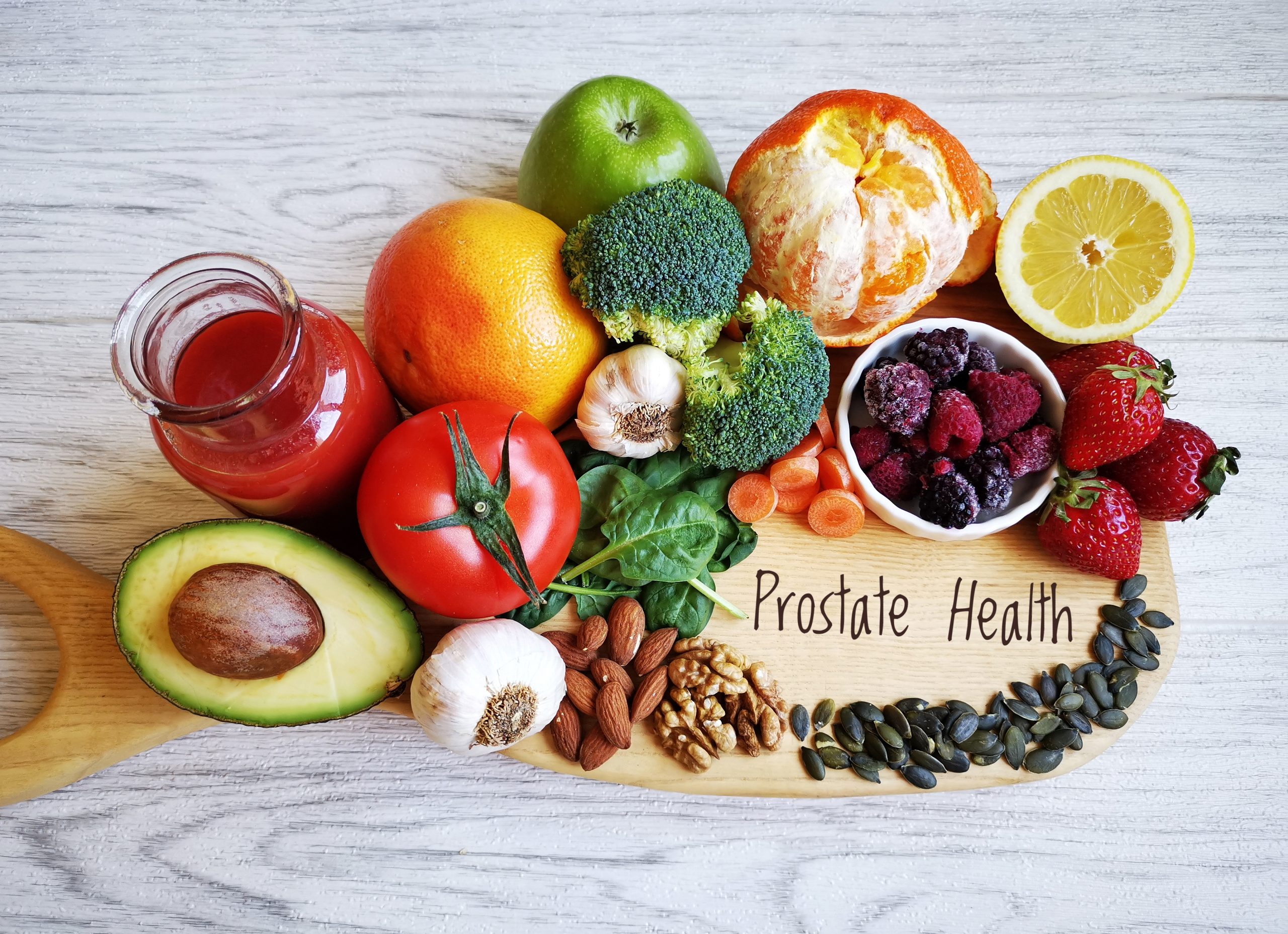Maintaining prostate health is a concern for many men as they age. While a balanced diet and a healthy lifestyle are essential for overall well-being, certain supplements can play a supportive role in promoting prostate health. These supplements contain specific nutrients and herbal extracts that have been associated with positive effects on prostate health. In this article, we explore the role of supplements in promoting prostate health.
- Saw Palmetto: Saw palmetto is a popular herbal supplement known for its potential benefits in supporting prostate health. It comes from the fruit of the Serenoa repens plant and has been traditionally used to alleviate symptoms of benign prostatic hyperplasia (BPH), a non-cancerous enlargement of the prostate gland. Saw palmetto is believed to work by inhibiting the conversion of testosterone to dihydrotestosterone (DHT), a hormone that contributes to prostate enlargement. By reducing DHT levels, saw palmetto may help improve urinary symptoms associated with BPH.
- Beta-Sitosterol: Beta-sitosterol is a plant sterol found in various fruits, vegetables, nuts, and seeds. It is often extracted from saw palmetto and other plants and is commonly used as a supplement to support prostate health. Beta-sitosterol has been shown to improve urinary symptoms associated with BPH, such as frequent urination, weak urine flow, and incomplete bladder emptying. It may help reduce inflammation and promote the overall health of the prostate gland.
- Zinc: Zinc is an essential mineral that plays a vital role in prostate function. It is involved in numerous processes within the body, including hormone regulation and immune system function. Adequate zinc levels are necessary for maintaining prostate health. Some studies have suggested that zinc supplementation may help reduce the risk of developing prostate problems, including BPH and prostate cancer. However, it’s important to note that excessive zinc intake can have adverse effects, so it’s best to consult with a healthcare professional to determine the appropriate dosage.
- Vitamin D: Vitamin D is a crucial nutrient that supports overall health, including prostate health. It plays a role in regulating cell growth, immune function, and inflammation. Some studies have found an association between low levels of vitamin D and an increased risk of prostate cancer. Maintaining optimal vitamin D levels through sunlight exposure or supplementation may contribute to better prostate health. However, more research is needed to fully understand the relationship between vitamin D and prostate health.
- Selenium: Selenium is a trace mineral with antioxidant properties that help protect cells from oxidative damage. It is involved in various biochemical processes in the body, including immune function and DNA synthesis. Some studies have suggested that selenium supplementation may have a protective effect against prostate cancer. However, further research is needed to establish a definitive link between selenium supplementation and prostate health. It’s important to consult with a healthcare professional to determine the appropriate dosage, as excessive selenium intake can be harmful.
- Lycopene: Lycopene is a powerful antioxidant found in tomatoes, watermelon, and other red fruits and vegetables. It is known for its potential role in supporting prostate health. Lycopene has been studied for its ability to reduce the risk of prostate cancer and alleviate symptoms of BPH. It may help inhibit the growth of prostate cancer cells and reduce oxidative stress in the prostate gland. Consuming lycopene-rich foods or taking lycopene supplements may be beneficial for prostate health, but more research is needed to determine optimal dosages and long-term effects.
- Green Tea Extract: Green tea extract is derived from the leaves of the Camellia sinensis plant and is rich in polyphenols, including catechins. These compounds have antioxidant and anti-inflammatory properties that can support












